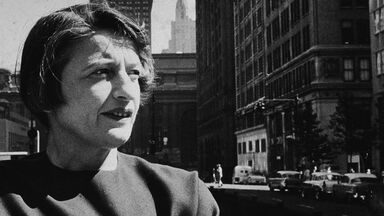Jefferson's distrust of governments was nothing exceptional for a consistent individualist.
Politically, Spencer is an individualist of an extreme laissez faire type, and it is in his political attitude that the consequences of his pre-Darwinian conception of Evolution are most manifest.
But for this he would hardly have established so absolute an antithesis between industrial and military competition, and have shown himself readier to recognize that the law of the struggle for existence, just because it is universal and equally (though differently) operative in every form of society, cannot be appealed to for guidance in deciding between the respective merits of an industrial or military and of an individualist or socialist organization of society.
Although he was classed in Canada as a Liberal, his tendencies would in England have been considered strongly conservative; an individualist rather than a collectivist, he opposed the intrusion of the state into the sphere of private enterprise, and showed no sympathy with the movement for state operation of railways, telegraphs and telephones, or with any kindred proposal looking to the extension of the obligations of the central government.
In his exaltation of the spiritual side of religion over its forms, his enthusiastic celebration of the love of Christ, and his assertion of the individualist principle, he represented the best side of the influences that led to the Lollard movement.





